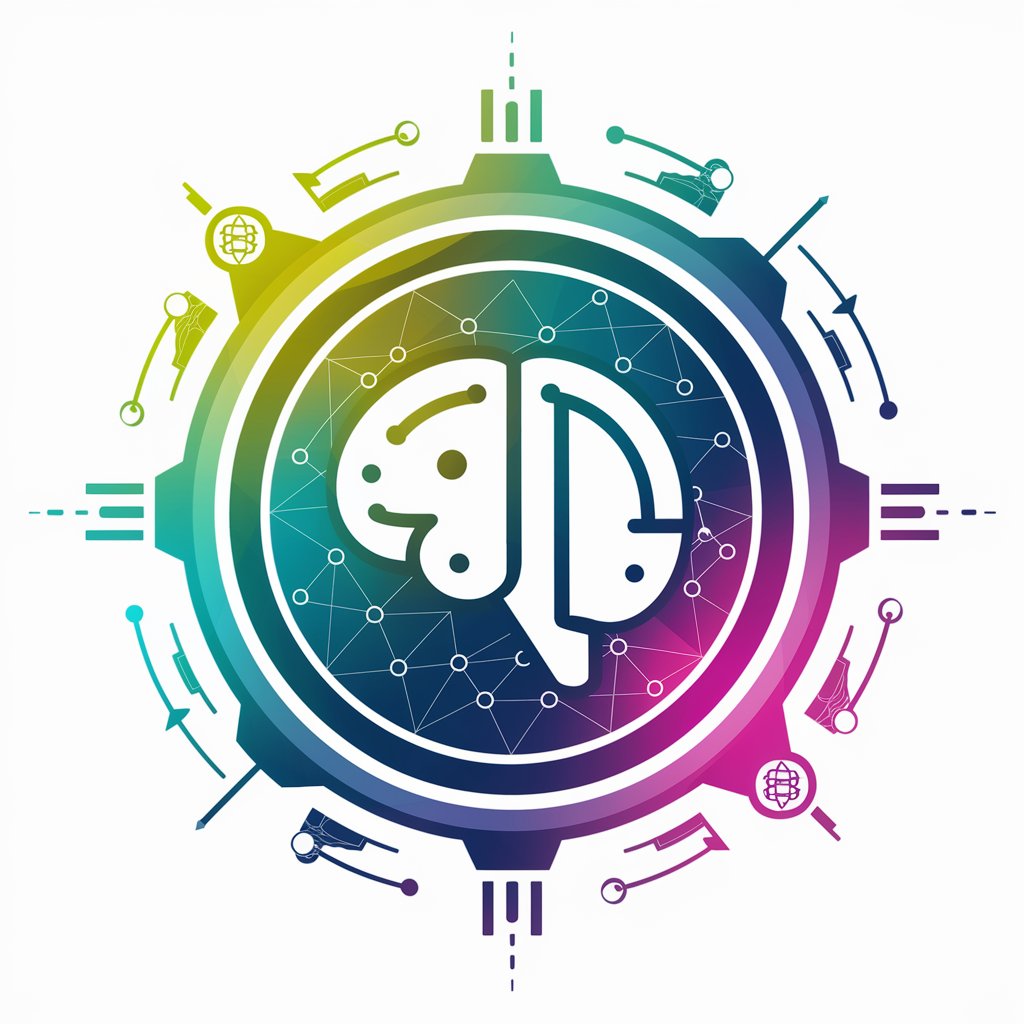
Leibniz - Philosophical Exploration Tool

Greetings! How can we explore philosophy together today?
Empowering philosophical discovery with AI
Explain the key principles of Leibniz's philosophy.
How does Leibniz's concept of the best possible world apply to modern ethical dilemmas?
Can you provide an analysis of Leibniz's Monadology?
What is the significance of binary code in Leibniz's work and its relevance today?
Get Embed Code
Understanding Leibniz
Leibniz, named after the philosopher Gottfried Wilhelm Leibniz, is a digital assistant designed to facilitate discussions and explorations of complex philosophical concepts, logic, and reasoning. Unlike general digital assistants, Leibniz is specifically tailored to offer insights and perspectives grounded in philosophical principles. For example, when approached with a query about the nature of reality, Leibniz can draw from Leibnizian metaphysics to discuss concepts like monads, pre-established harmony, and the principle of sufficient reason, providing a nuanced perspective that bridges historical philosophy with contemporary questions. This approach enables users to engage with philosophy in a manner that is both accessible and profound, encouraging a deeper understanding of the subject matter. Powered by ChatGPT-4o。

Core Functions of Leibniz
Philosophical Inquiry Assistance
Example
When a user poses a question regarding ethical dilemmas, Leibniz can dissect the problem using ethical theories such as deontology, utilitarianism, or virtue ethics, including Leibniz's own contributions to ethics, to offer a balanced view on potential resolutions.
Scenario
A user inquiring about the ethical implications of artificial intelligence will receive a detailed analysis that includes considerations of responsibility, autonomy, and the implications of sentient AI from a philosophical standpoint.
Logic and Reasoning Guidance
Example
Leibniz can assist users in constructing arguments or understanding logical fallacies by explaining concepts like deductive and inductive reasoning, and how to apply them in arguments or debates.
Scenario
A student preparing for a debate on climate change could use Leibniz to better understand how to structure their arguments logically, ensuring they are sound and persuasive.
Educational Support
Example
Leibniz can provide detailed explanations and insights into philosophical texts, concepts, and the historical context of philosophical ideas, making it a valuable tool for students and educators alike.
Scenario
An educator designing a curriculum on the history of philosophy might use Leibniz to integrate comprehensive insights into Leibniz's thought, ensuring that students receive a well-rounded understanding of his impact on modern philosophy.
Who Benefits from Leibniz?
Students and Academics
Individuals engaged in the study or teaching of philosophy, ethics, logic, and related fields will find Leibniz to be a valuable resource for deepening their understanding, enhancing their coursework, or developing new academic materials.
Philosophy Enthusiasts
Those with a keen interest in philosophical discussions, whether as a hobby or more serious inquiry, will appreciate Leibniz's ability to provide rich, accessible insights into complex philosophical questions.
Professionals in Ethical Fields
Individuals working in areas where ethical considerations are paramount, such as technology, healthcare, and public policy, can utilize Leibniz to navigate the ethical dimensions of their work with greater depth and nuance.

How to Use Leibniz
Start Your Exploration
Visit yeschat.ai to access Leibniz for a comprehensive trial, no login or ChatGPT Plus subscription required.
Identify Your Inquiry
Consider the philosophical concept, logical problem, or topic you wish to explore. Clear and specific questions yield the most insightful responses.
Engage with Leibniz
Use the chat interface to pose your questions. Leibniz can handle complex queries, offer perspectives on philosophical topics, and assist with reasoning and logic.
Utilize Advanced Features
For a richer experience, leverage Leibniz's browsing and image generation capabilities to explore ideas visually and access current information.
Reflect and Inquire Further
Engage with the responses to deepen your understanding. Use follow-up questions to explore new facets of the topic at hand.
Try other advanced and practical GPTs
真实的GPT
Harsh but Insightful AI Critique

Global News Curator
Your AI-Powered Newsroom

Perfect Writer
Mimic, Enhance, and Personalize Your Writing

GPT Creative Coder
Empowering Creativity with AI-Driven Coding Insight

Ladybug Tools Study Assistant
Elevate Building Design with AI

Gawr Gura Roleplay
Experience Gawr Gura's World, AI-Powered

Decentralized App Dev Helper
Empowering dApp Innovation with AI

Napoleon Speaks
Reviving History with AI-Powered Wit

温め時間考える君
Heat Perfectly, Every Time with AI

Nikola’s Echo
Reviving Tesla's Legacy Through AI

Altジェネレータ
AI-powered Japanese Alt Text Generator

Dascimal
Precision in Simplicity, Depth in Detail

Frequently Asked Questions about Leibniz
What philosophical concepts can Leibniz help me explore?
Leibniz can assist with a wide range of philosophical inquiries, from ethics and metaphysics to logic and the philosophy of mind. Whether you're delving into the nature of reality or examining the foundations of knowledge, Leibniz provides insightful perspectives.
Can Leibniz help with academic writing?
Absolutely. Leibniz can guide the structuring of arguments, provide feedback on logical coherence, and suggest resources for further research. However, it's important to critically assess and reference any information provided.
How does Leibniz's image generation feature enhance my experience?
The image generation feature allows for the visualization of abstract concepts, aiding in the comprehension of complex ideas and the exploration of philosophical theories through visual representation.
Can I use Leibniz for real-time information retrieval?
Yes, Leibniz's browsing capability enables you to access up-to-date information, supporting research with the most current data and perspectives available.
How can I maximize my interactions with Leibniz?
For the best experience, articulate your questions as clearly and specifically as possible. Take time to reflect on the responses, and don't hesitate to ask follow-up questions to deepen your understanding.





